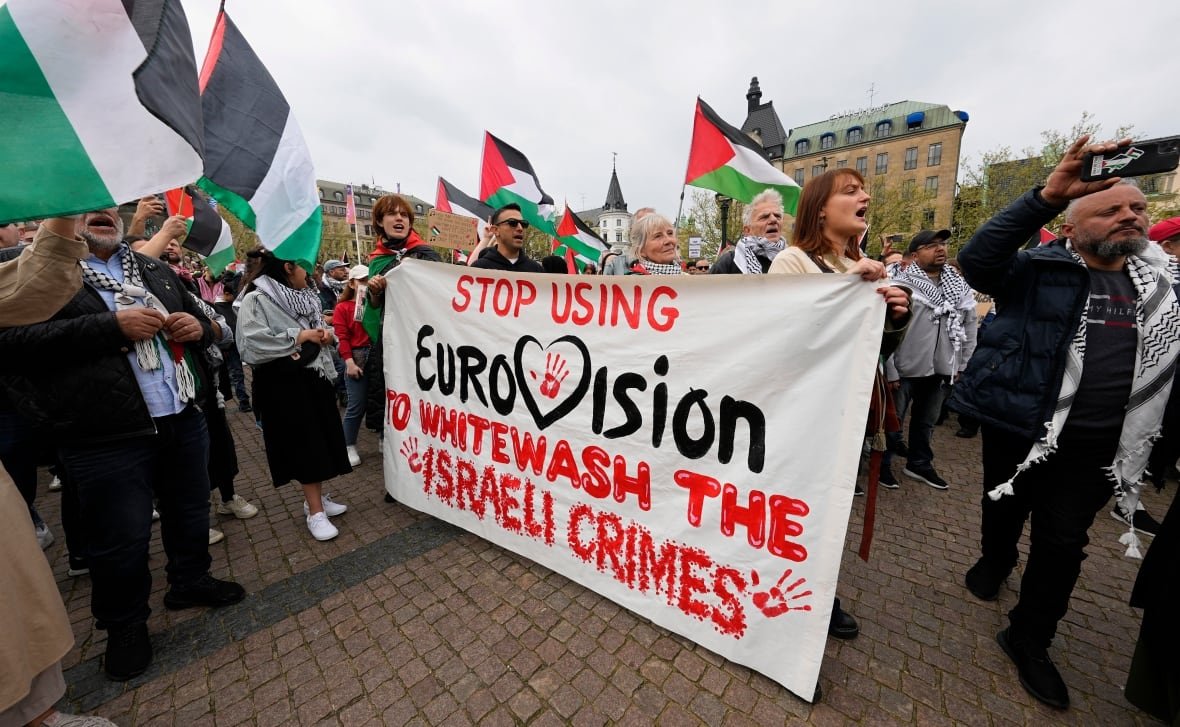Organizers of the Eurovision Song Contest announced on Friday that member broadcasters will vote in November to decide whether Israel can participate in next year’s event, amid growing demands for the country to be excluded due to the conflict in Gaza.
A spokesperson, Dave Goodman, revealed that the European Broadcasting Union’s board has informed members about the upcoming vote, which will be held during an online extraordinary general meeting early in November.
The vote will determine if Kan, the Israeli public broadcaster and a member of the EBU, will be allowed to take part, as stated in an email by Goodman. An “absolute majority” is necessary for any decision to exclude Israel from the competition to be approved.
Countries such as Ireland, the Netherlands, Slovenia, and Spain have threatened to boycott the Eurovision Song Contest if Israel is not excluded due to the ongoing conflict in Gaza.
While Germany and Austria have voiced support for Israel’s participation, other broadcasters like the BBC are yet to make a definitive stance.

Kan, in a statement on X on Thursday, expressed hope that the contest would maintain its cultural and non-political essence.
Regional, political rivalries
Eurovision is a renowned competition where artists from various European countries, and some beyond, compete under their national banners to win the title of continental champion, akin to a pop music Olympics.
It also serves as a platform where political dynamics and regional tensions often come into play.
Notably, in 2024, Israel was requested to alter the lyrics and title of its entry from “October Rain,” believed to reference a past conflict, to “Hurricane.” This decision was made following a conflict-related incident involving Hamas. The Israeli singer Eden Golan was allowed to continue participating with the modified song.
Over the past years, Eurovision has witnessed both pro-Palestinian and pro-Israeli demonstrations, reflecting the broader geopolitical backdrop.
Dean Vuletic, an expert on Eurovision’s history, highlighted past instances of exclusions such as that of the former Yugoslavia in the 1990s due to regional conflicts, and more recent cases involving Belarus in 2021 and Russia in 2022 over rule violations and political disputes.


